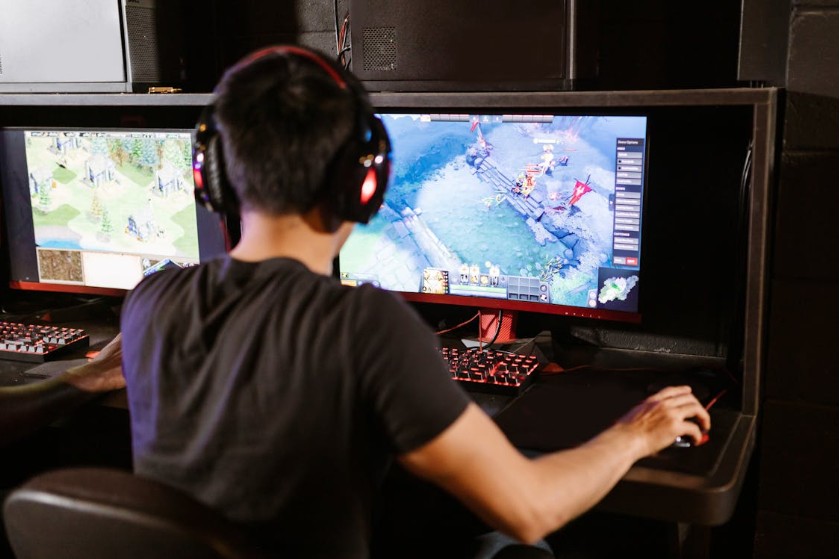
Online gaming has expanded rapidly, offering everything from casual mobile titles to interactive multiplayer experiences. Yet, one question often arises—why do some games feel immersive while others feel flat?
The answer often lies in whether the experience is real-time or automated. Automated games may deliver speed and convenience, but real-time formats tend to capture attention longer because they combine unpredictability, human connection, and authentic interaction.
Contents
Human Connection Brings Games to Life
At the heart of real-time play is interaction. Humans naturally seek connection, and when a game involves live elements—whether that’s a host, a live opponent, or a community of fellow players—it instantly feels more dynamic.
Even small touches like a greeting, a quick exchange of messages, or the suspense of watching events unfold in real time create atmosphere. Automation, while efficient, often lacks these nuances and can leave the experience feeling mechanical.
Case Study: Live Dealer Experiences
A prime example of this is the popularity of online roulette with real dealers. Unlike automated roulette, which relies on algorithms, live versions feature professional hosts and high-quality streaming, bringing authenticity to the experience.
Players can watch every moment unfold as the dealer spins the wheel in real time. The transparency builds trust, while the option to interact with the host or other participants adds social engagement. It feels closer to an in-person event, showing how real-time interaction enhances immersion in ways automation cannot replicate.
When a dealer greets you by name, engages in light conversation, or shares a laugh during play, they do more than manage the table. They create ambience. Real-time conversations replicate the buzz of a casino floor. Players do not just watch the wheel spin; they interact, react, and feel involved in something unfolding before them.
Dealers’ gestures, tone of voice, and spontaneous reactions add depth and trust to the experience. A subtle glance, a shift in posture, or a well-timed remark reminds players they are part of a live event. Because everything is happening in real time, transparency is assured. Players watch how the cards are dealt, how the wheel spins, and how results appear, which removes concerns about unseen algorithms controlling outcomes.
The result is an immersion that automated systems cannot replicate. The human touch restores the essence of the casino, even when accessed through a screen.
Unpredictability Creates Excitement
Automated games are designed around random number generators, which are fair but often predictable in how they “feel.” By contrast, real-time formats introduce subtle but meaningful elements of unpredictability.
A host’s pause, a last-second move, or even an unscripted reaction can add suspense. This unpredictability keeps players attentive and emotionally invested, because every outcome feels unique rather than formulaic.
Technology Elevating Real-Time Play
Streaming, artificial intelligence, and VR advancements are pushing real-time games to new levels. Multi-camera setups, interactive chat features, and immersive overlays make players feel closer to the action.
Importantly, these tools don’t replace the human aspect but amplify it. By handling routine processes in the background, technology frees up hosts to engage more directly with players, enhancing the human element that makes real-time gaming so appealing.
The Future of Games Is Real-Time
The future of interactive gaming is set to become even more immersive and human-centred.
Games aren’t just about winning or losing; they’re about experiences. Real-time formats succeed because they deliver connection, authenticity, and suspense.
While automated games will always have a place for quick convenience, the growing demand for interactive, live experiences shows that players want more than algorithms. Real-time engagement isn’t just the future of gaming—it’s what people seek today.